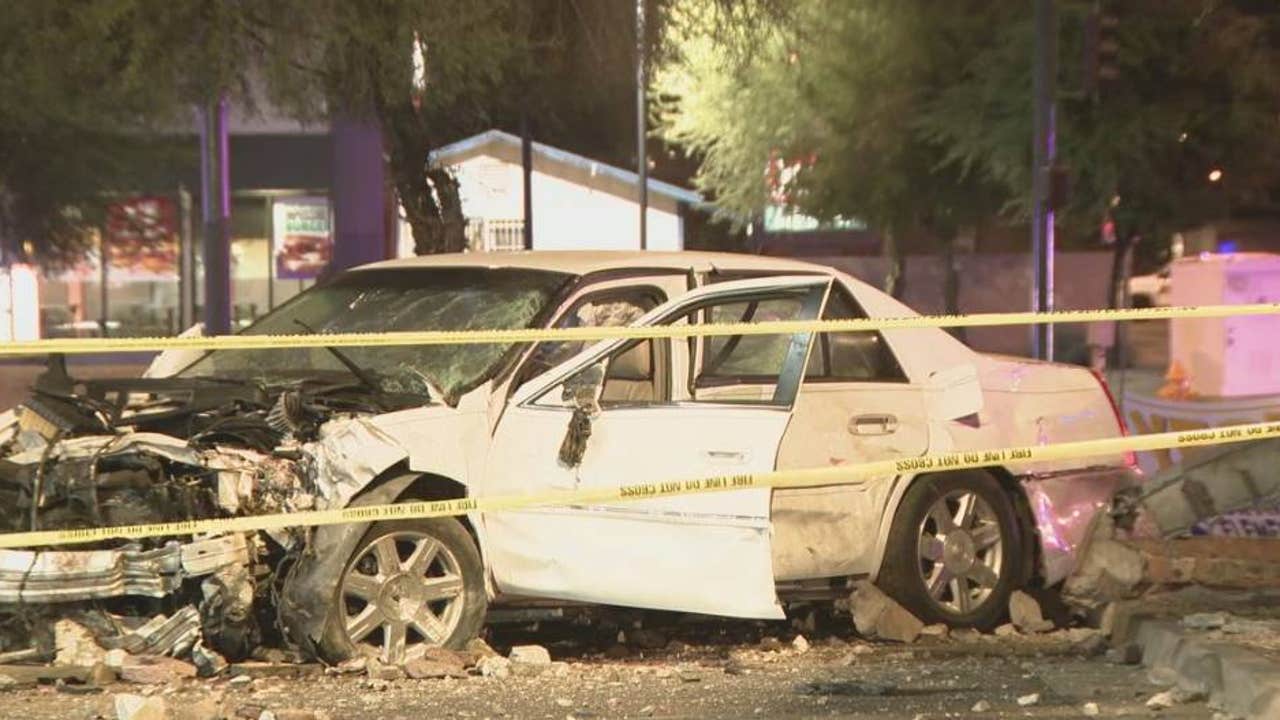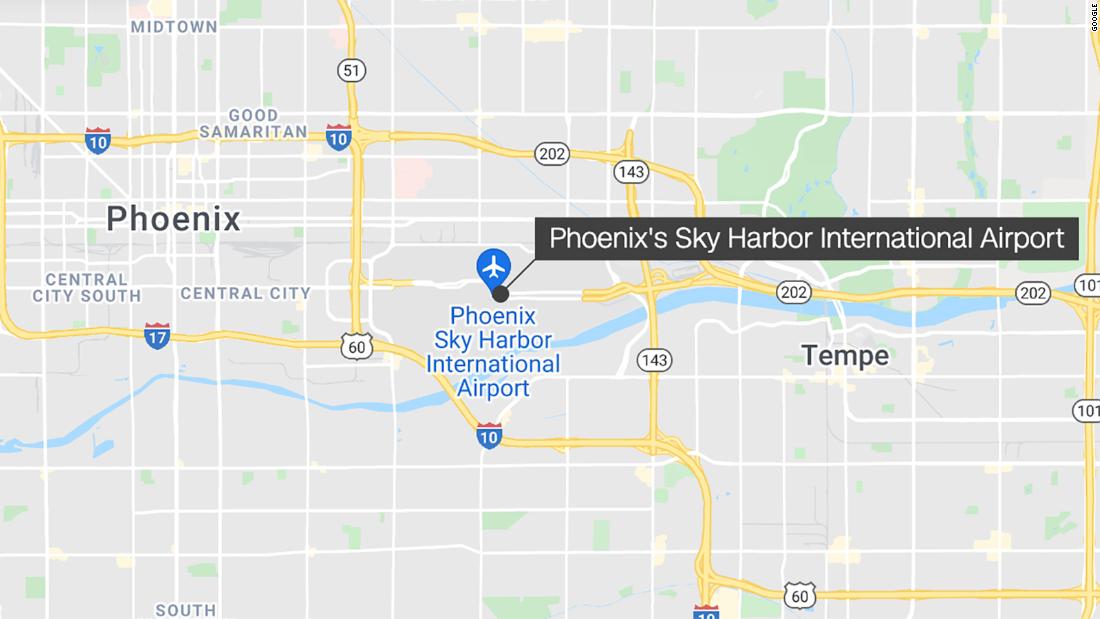On July 31, the federal eviction moratorium is lifted. And if it does, thousands of people in Phoenix eligible for rental reduction will still be waiting. This spring, the city of Phoenix received a $ 51 million share of the billions in rental subsidies that Congress sent to states and communities nationwide to alleviate the economic hardship caused by the pandemic. Thousands of low-income tenants in Phoenix have inundated the city with requests for payments that could cover months of overdue rents. Phoenix has closed one of its two application portals due to the high demand. But many of these applications remain trapped in a sluggish bureaucracy and have to wait months for approval. With only two weeks left before evictions can resume as usual, Phoenix still has around 32 million US dollars to distribute in aid. It’s racing to get the money out before tenants start losing their homes. The situation is urgent for Kelly McGowan, assistant director of Wildfire AZ advocacy group. “The need to get as much money out as possible as quickly as possible has increased,” she said. The nonprofit is responsible for distributing half of Phoenix’s relief funds (the other half is distributed by the city’s human resources department). But the approval process takes time: tenants have to prove their eligibility and meet with city officials; Landlords need to work together. The city works with a dozen social services to connect with tenants, but ultimately resources are limited. Related Stories I Support Local Community Journalism Support the independent voice of Phoenix and help keep the future of the New Times free. Phoenix outperforms the state of Arizona – which earlier this month only paid out 15% of its available rent relief funds – but McGowan expects at least half of the available funds will go unused after the moratorium expires, with thousands of state and local government applications waiting to be processed before bureaucratic hurdles and tenants have to struggle with a complicated application process. Last month, a survey by the Urban Institute found that most renters were unaware that government support was available. The slow pace has led some states and cities – like California – to locally extend their moratoriums. Arizona has taken no such action. In Phoenix, a city that regularly leads the most eviction lawsuits across the country, tenant attorneys fear August 1st will usher in a spate of eviction lawsuits. “The courts will be busy as hell,” said Ken Volk, founder of Arizona Tenants Advocates, whose organization often receives over a hundred calls a day from tenants in need. However, the eviction process takes time. “If there’s an evacuation tsunami, the judicial system won’t be able to handle it in two days,” said McGowan. She hopes that the city can relieve many more tenants before the court dates at the end of August and September. But many landlords have already applied for evictions and in many cases issued judgments in their favor. So far, in 2021, Maricopa County’s courts have reported about 3,000 evictions a month. And preliminary figures show that district judges have issued nearly 10,000 “reparations” – court orders authorizing evictions – since the pandemic began, a number that is expected to increase when the final numbers are determined. Many of these lawsuits have not been enforced because of the moratorium – but once it expires, that protection will lapse. “A lot of people are being evicted in August,” said Pam Bridge, an attorney with Community Legal Services, who provides legal assistance to low-income tenants in Arizona. She noted that the summer heat could worsen the crisis: “It’s one of the worst times of the year,” she said. “There are 110 outside, and we have families who are being evicted.” The federal rent can still be used to repay rent after an eviction – and to finance deposits for new living space. But once a tenant is evicted, McGowan explains, the verdict remains on tenants’ permanent records and can make it “very difficult to find an apartment”. Even an eviction suit itself – regardless of the outcome of the case – can pursue tenants for years. Even now, tenants who received eviction orders during the pandemic are struggling to find new apartments, according to Bridge. “They tried to move because we’ve been telling them for months that the CDC order was going to end,” she said. “And nobody takes them because they have a judgment.” For Bridge, the imminent end of the moratorium and the race for rent relief are part of a longstanding crisis in the Maricopa district. “We have to think long-term,” she says. “Because our normalcy before the pandemic was an eviction crisis.”
[ad_2]












